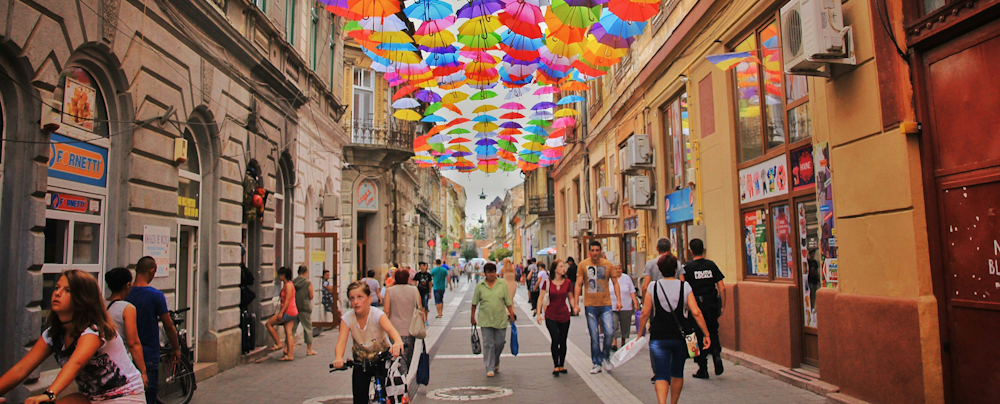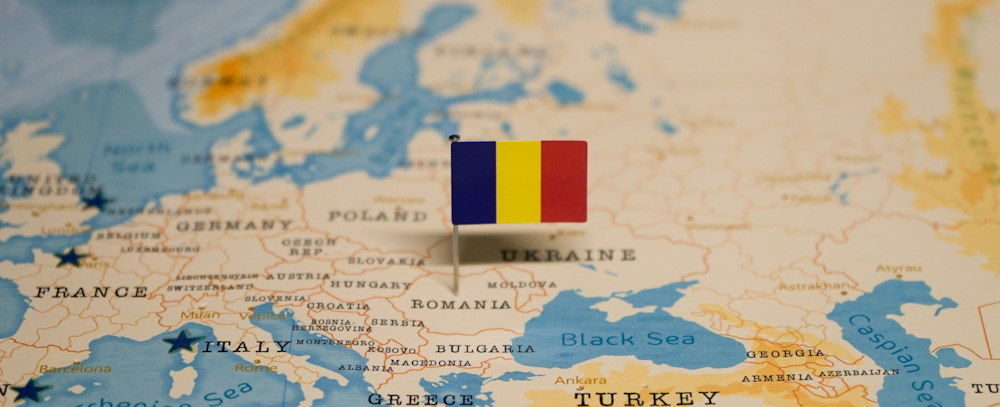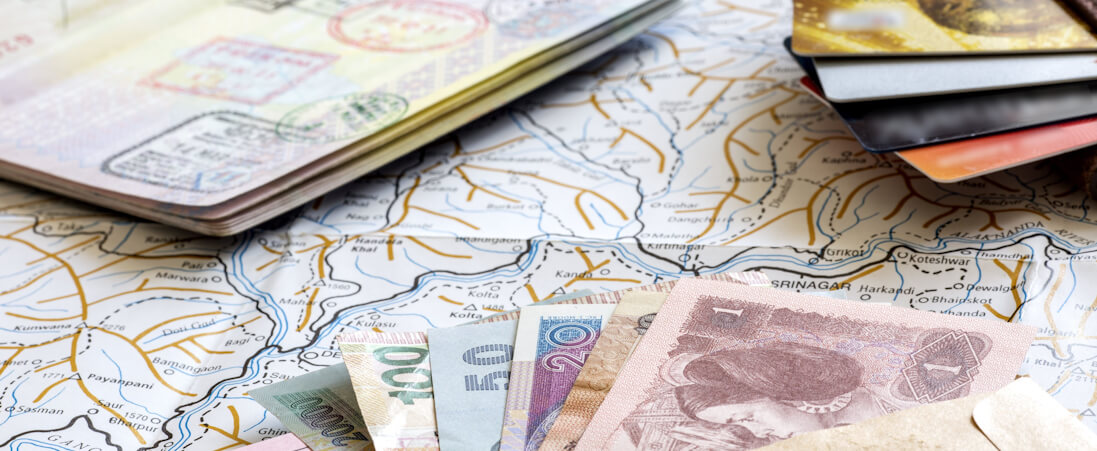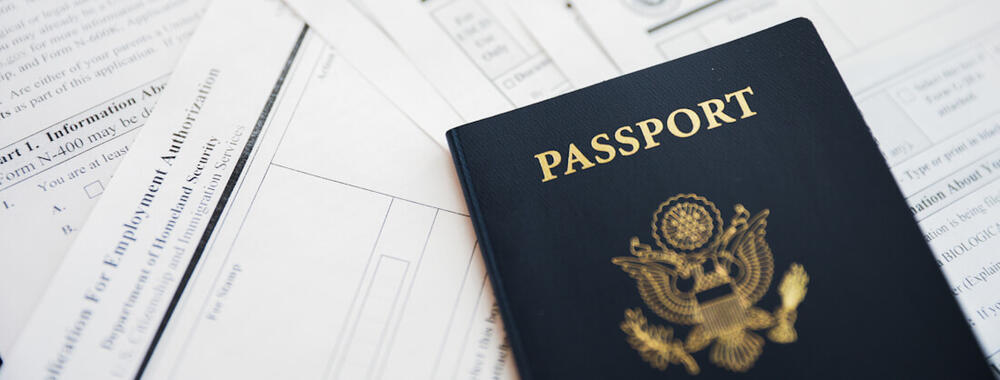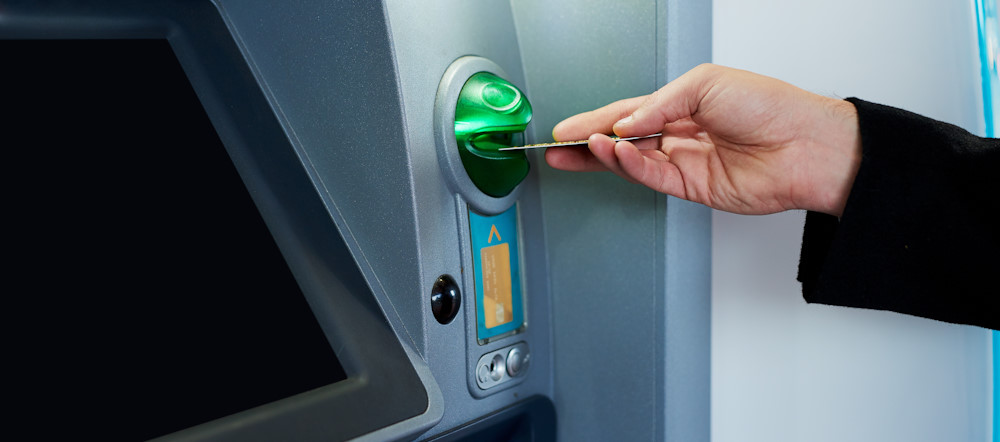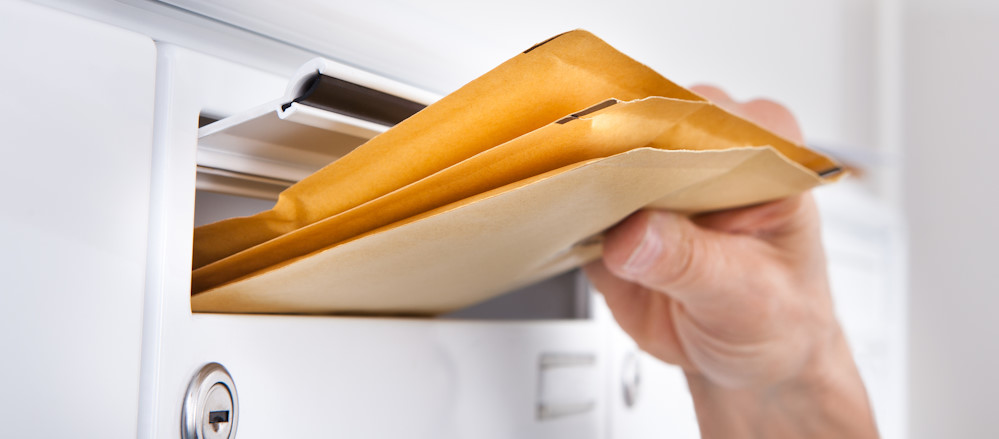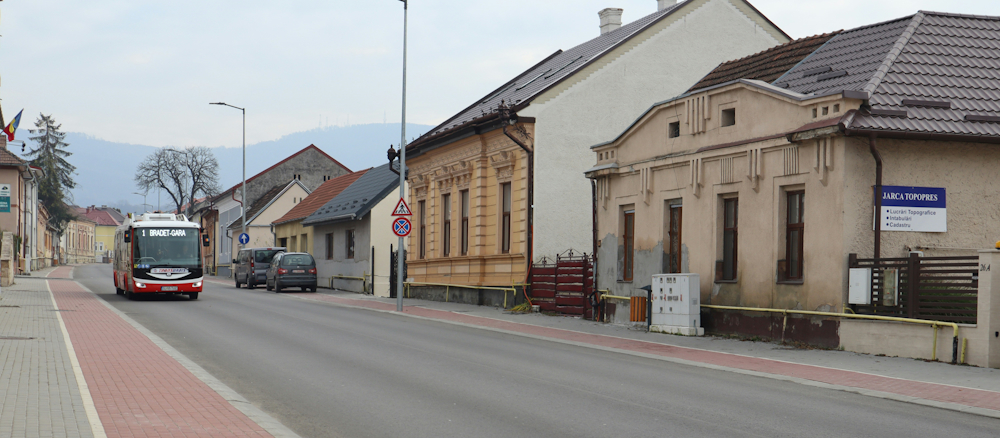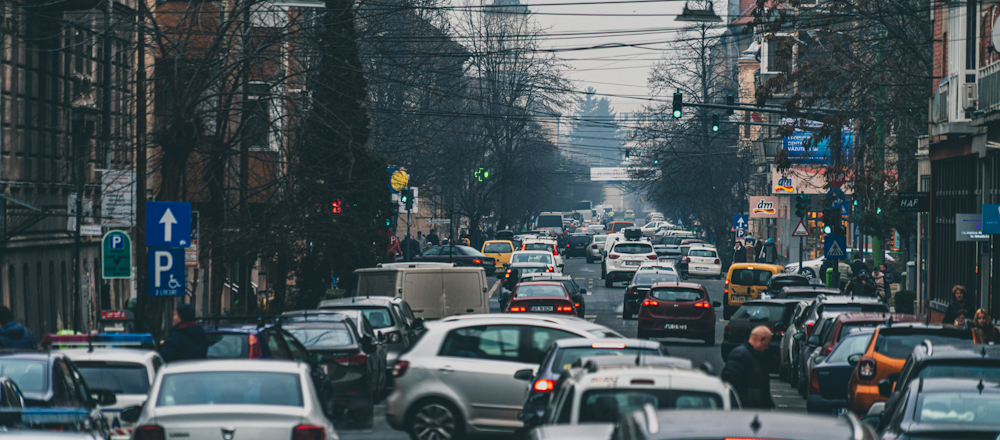Expats moving to Romania are sure to encounter many interesting people and places on their travels. Locals are friendly and welcoming, and it’s always a good idea to be informed of any potential sensitivities. Here are some aspects of diversity and inclusion in Romania to keep in mind.
Accessibility in Romania
As an EU country, Romania is required to uphold certain levels of accessibility. The European Accessibility Act, which came into full effect in June 2025, harmonises accessibility standards across member states. In practice, the availability and upkeep of accessible buildings and pavements varies widely across the country. Generally speaking, larger cities will be easier to navigate.
That being said, wheelchair users are still likely to face challenges when getting around in Romania. Some pavements are poorly maintained, and their cut curbs may be irregular. Drivers also sometimes park on pavements, blocking the way. If in need of a quick lift onto or off the pavement, wheelchair users will find that Romanian people are largely friendly and happy to assist.
Public transport is only partially accessible, with buses being the best and sometimes only option for wheelchair users. All buses have lowered floors and are equipped with fold-out ramps at the centre doors, with one wheelchair securement space available on each bus. The city’s trolleybus network is largely accessible, and most of the trolleybus lines are wheelchair accessible and feature amenities similar to those of standard buses.
The Bucharest subway presents significant challenges for wheelchair users. Large gaps exist between trains and platforms, and trains aren’t generally level with the platform. Many stations still lack lift access, although Line M4 is fully equipped with lifts.
Useful resources
- Public Spaces Without Barriers Guidelines – Romania, European Commission
- Wheelchair Accessible Public Transportation in Bucharest
- European Accessibility Act, European Commission
- National Authority for Persons with Disabilities (Romania)
LGBTQ+ in Romania
In the early 2000s, Romania made significant progress in terms of improving rights and protections for its LGBTQ+ populations. During this period, homosexuality was decriminalised, the age of consent was equalised, and discrimination based on sexual orientation was banned.
In more recent years, however, the government seems to be less tolerant of the LGBTQ+ community. In 2022, the use of ‘gay propaganda’ in schools was banned, as was the discussion of gender identity and sexual orientation in public areas. Both laws have been criticised as censorship, and a large-scale march took place in Bucharest to protest them.
Same-sex marriage isn’t specifically banned in Romania, but there’s no legal equivalent to heterosexual marriage for gay couples. In 2023, the European Court of Human Rights (ECHR) ordered Romania to establish legal frameworks to recognise same-sex civil unions, but the Romanian government has appealed the decision and indicated resistance to implementing it.
Transgender rights are extremely limited in Romania. Surgery is required to legally change your gender, even though the ECHR ruled this requirement illegal. Additionally, the EU’s top court ruled in 2024 that Romania must recognise legal gender changes made in other EU member states. According to ILGA-Europe’s 2025 Rainbow Map, Romania fell behind Poland and is currently the worst-ranked EU member state for LGBTQ+ rights.
Despite the difficulties faced by the LGBTQ+ population in Romania, there are still lively gay scenes in certain cities. Bucharest holds an annual pride parade that has grown substantially over the years, with events regularly drawing tens of thousands of participants. Cluj-Napoca also hosts an annual pride festival and has active LGBTQ+ venues. There are gay nightlife scenes in these cities and a few others dotted around Romania.
Useful resources
- ACCEPT Association (Romania’s main LGBTQ+ rights organisation)
- ILGA-Europe Rainbow Map
- Cluj Pride Association
- Gay Travel Guide: Romania
Gender equality in Romania
As a largely Catholic country, Romania tends towards a traditional view of women as homemakers and men as breadwinners. According to the European Institute for Gender Equality (EIGE), Romania scored 57.5 out of a possible 100 on the 2024 Gender Equality Index. This represents a gradual improvement but keeps Romania well below the EU average of 71.
One area of progress is Romania’s low gender wage gap, but this can be looked at in a few different ways. EU statistics show Romania has one of the lowest gender wage gaps in Europe at around 3.6 percent, well below the EU average of 12 percent. But broader compensation analyses show that wider gaps exist when considering total compensation packages, work time, and career progression opportunities.
A recent World Bank study showed that four in five Romanians believe a woman’s primary role is to care for her family and home, and this can be seen in women’s education choices: 90 percent of education graduates and more than 70 percent of healthcare and welfare graduates were female.
On the other hand, Romania actually performs better than many EU countries in STEM gender balance, with women representing over 40 percent of STEM graduates – one of the highest shares in the EU.
Useful resources
- Gender Equality Report, 2024, European Institute for Gender Equality
- Global Gender Gap Report, 2025 (PDF), World Economic Forum
Women in leadership in Romania
One of Romania’s main challenges is its unequal representation in the domains of economic and political decision-making. In 2023, just 19 percent of Romania’s parliament members were women. National statistics show that over 36 percent of leadership positions in Romania are held by women, but women are still underrepresented in the highest corporate positions.
Mental health awareness in Romania
Romania has some stigma around mental illness. Diagnoses are considered shameful and are usually kept secret, and as a result, mental illness tends to be underdiagnosed as sufferers either refuse to seek treatment or aren’t aware of how to access care. This can present problems for expats from more open societies.
Studies show that expats are at higher risk of depression, anxiety, and substance use disorders than the general population, with increased stress and loneliness being common precipitating factors. Tackling mental health difficulties early, rather than waiting to seek help, is associated with better treatment outcomes – so expats should keep an eye on their mental wellbeing and take action if needed. Resources for mental healthcare are limited in Romania’s public healthcare system, with significant waiting times and resource constraints, so expats will likely need to seek private treatment to receive timely and comprehensive care.
English-speaking mental health professionals are available in major cities like Bucharest, although options may be more limited in smaller towns. To ensure ease of access, expats should check that the health insurance provided by their employer offers comprehensive coverage for both psychiatric and psychological services, including therapy sessions and medication if needed.
Useful resources
- Mental Health for Romania NGO
- English-Speaking Psychology Services in Bucharest
- PsihoPlan – English-Language Therapy Services
- Find Therapists in Bucharest – It’s Complicated
Unconscious bias education in Romania
Unconscious bias is an implicit set of stereotyped ideas that an individual carries about groups of people different to themselves. These ideas are not usually purposefully adopted but rather develop subtly over time, and people tend to hold unconscious biases about groups they never or rarely come into contact with. As a result, these perceptions are often inaccurate and based on assumptions.
Unconscious bias can profoundly affect both personal and work conditions. In the workplace, unchecked bias undermines vital aspects of the company, with negative effects on employee performance, retention, and recruitment. In a bid to create a better work environment, many companies are beginning to institute unconscious bias training. There are also several online resources that can be used to improve self-awareness regarding bias.
The Romanian government has identified unconscious bias as one of the main obstacles towards equal gender representation in leadership positions, as men continue to hold the majority of such positions in politics, courts, and the workplace. Romania’s 2022–2024 Action Plan included commitments to tackle this problem through analysis of gender balance in public administration, electoral and labour processes, although implementation faced significant challenges, including limited high-level political support.
Useful resources
Diversification of the workforce in Romania
Expats moving to Romania may struggle to find fellow expats, as only about 3 percent of Romania’s population is foreign born. The typical Romanian company won’t be particularly diverse, but multinational companies that frequently bring employees to the country may have a wide range of nationalities working there.
That being said, Romania’s government continues efforts to expand the number of non-EU workers in the country. The government maintains an annual quota of 100,000 foreign worker permits, although these quotas have not been fully utilised in recent years.
Studies show that diversification of the workplace is hugely beneficial to companies and employees alike. In recognition of this, companies across the world are setting up diversity and inclusion programmes to represent a wide variety of people among employees.
Safety in Romania
Romania is a very safe country, ranking 36th out of 163 countries on the Global Peace Index, and you’ll have little to be concerned about apart from taking normal precautions against petty crime. This includes keeping valuables out of sight, being aware of your surroundings and avoiding walking alone at night. Keep an eye out in busy places with lots of people, such as tourist areas and public transport, to avoid falling victim to petty theft.
Calendar initiatives in Romania
4 February – World Cancer Day
March – TB Awareness Month
8 March – International Women’s Day
19 May – Global Accessibility Awareness Day
10 September – World Suicide Prevention Day
October – Breast Cancer Awareness Month
10 October – World Mental Health Day
14 November – World Diabetes Day
1 December – World AIDS Day
